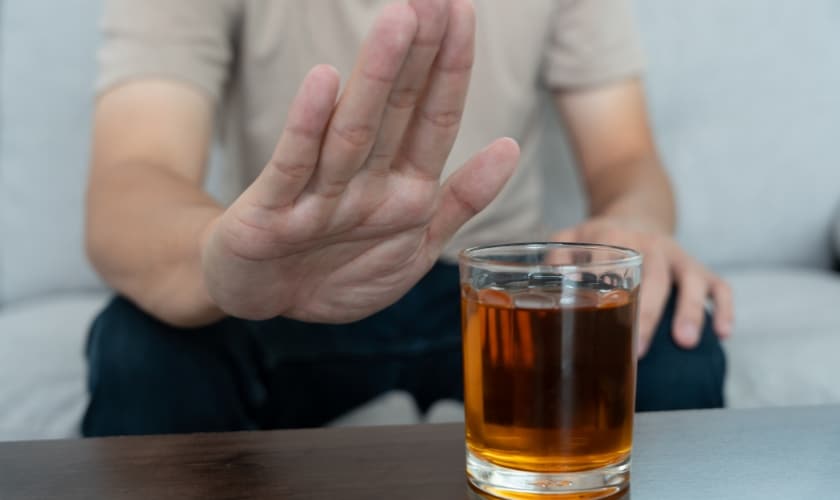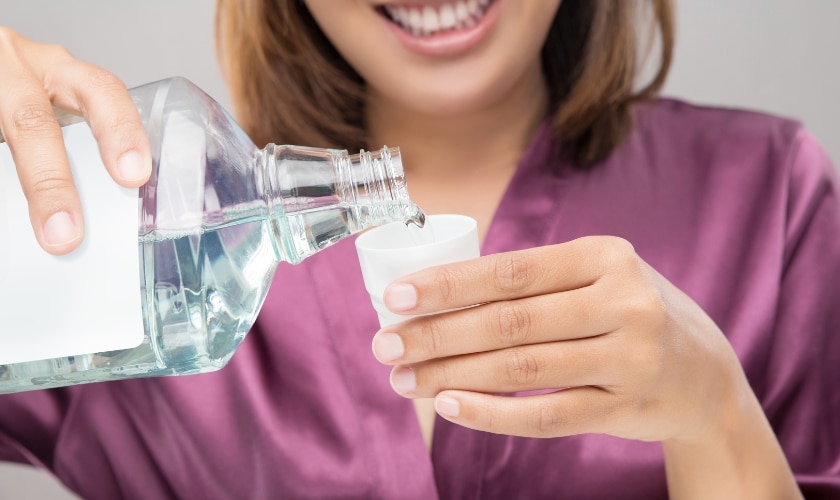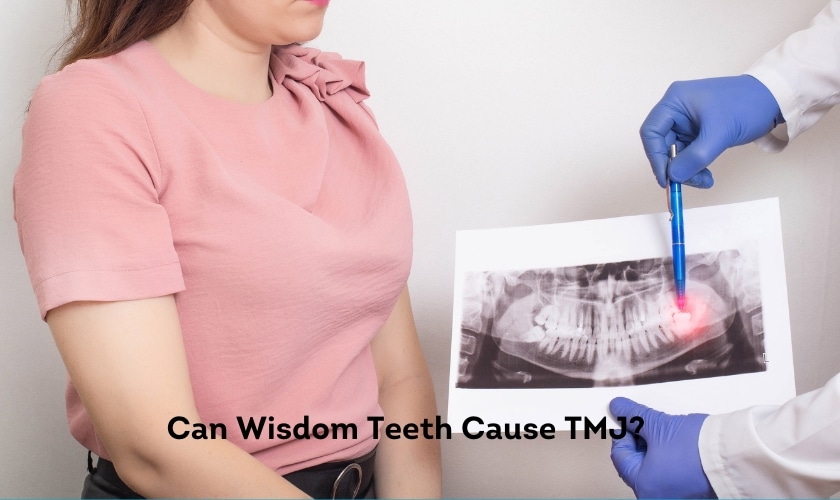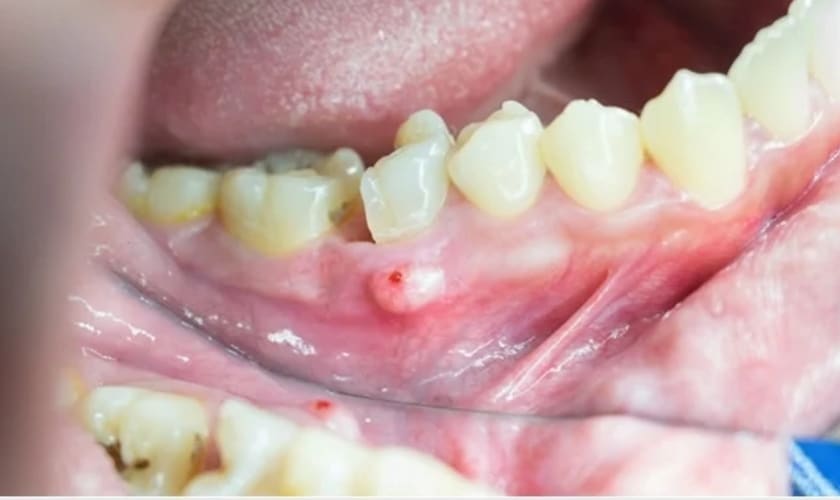
Welcome to our blog post about a topic that many people wonder about: Can You Drink Alcohol After Tooth Extraction? We understand that having a tooth extracted can be an uncomfortable experience, and it’s only natural to want to relax with a glass of your favorite alcoholic beverage afterward. In this article, we will delve into the details of drinking alcohol after a tooth extraction and provide you with some tips on how to do so safely.
What is Tooth Extraction?
Tooth extraction is a common dental procedure that involves the removal of a tooth from its socket in the jawbone. There are several reasons why you may need to have a tooth extracted, such as severe decay, infection, overcrowding, or damage due to injury.
The process typically begins with your dentist administering anesthesia to ensure you’re comfortable throughout the procedure. Once numbness sets in, your dentist will use specialized instruments to gently loosen and remove the tooth from its socket. In some cases, stitches may be necessary to close the extraction site.
Can You Drink Alcohol After a Tooth Extraction?
Tooth extraction is a common dental procedure that involves the removal of a tooth from its socket in the bone. It can be necessary for various reasons, such as severe decay, infection, overcrowding, or to prepare for orthodontic treatment. After undergoing this procedure, patients are often concerned about what they can and cannot do during their recovery period.
One question that frequently arises is whether it’s safe to consume alcohol after a tooth extraction. The answer to this question depends on several factors, including the complexity of the extraction and an individual’s overall health.
In general, it is advisable to avoid drinking alcohol immediately after a tooth extraction. Alcohol can interfere with blood clotting and slow down the healing process. Additionally, alcohol acts as a diuretic and can cause dehydration, which may impede the healing process.
If your dentist gives you permission to drink alcohol during your recovery period, it is essential to take certain precautions. First and foremost, choose alcoholic beverages that are low in acidity and sugar content, as these may irritate your surgical site or promote bacteria growth.
Risk of Having Alcohol After tooth Extraction
A whopping 38% of adults admit to indulging in alcohol within 24 hours of an extraction. While tempting, that can lead to a 50% higher risk of dry socket, a painful condition that delays healing and sends you begging for ice cream instead of cocktails.
Alcohol is a sneaky devil. It acts as a blood thinner, which can dislodge the vital blood clots forming at your extraction site. This clot is crucial for healing, and without it, you’re looking at more pain, bleeding, and potentially infection.
Alcohol dehydrates your body, hindering the healing process and making you feel even crappier. It can also interact with pain medication, causing drowsiness, dizziness, or worse.
FAQs:
Adcade Dental Pahrr recommends a minimum of 72 hours, ideally 7–10 days. This gives your clot time to stabilize and your tissues time to heal. Remember, every mouth heals differently, so consult your dentist for personalized advice.
We wouldn’t recommend it. Even a small amount can disrupt healing and increase your risk of complications. Think of it this way: would you rather savor a delicious meal in a week or risk ruining your recovery with a single sip?
A: Big, fat no. Mixing alcohol with pain medication is a dangerous game. It can amplify side effects, leading to drowsiness, impaired judgment, and even respiratory depression. Stick to water and let the medications work their magic.
A: Don’t panic! The best course of action is to:
Stop drinking immediately.
Practice good oral hygiene.
Monitor for any signs of infection or dry socket, such as pain, swelling, or bad breath.
At Adcade Dental Pahrr, we’re not just about fixing teeth; we’re about empowering you to make informed choices for optimal oral health. So, put down the glass, grab a glass of water, and let’s work together to get you back to enjoying life, one healthy sip at a time.




